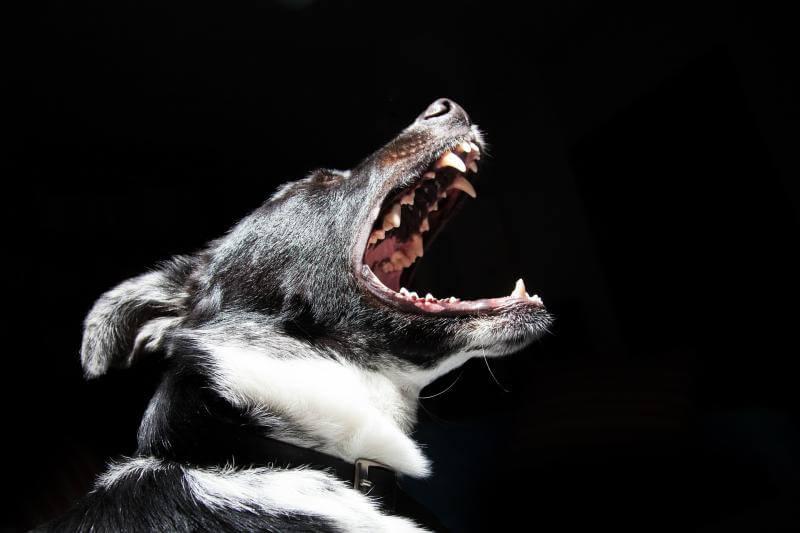
Dental health is a significant part of your dog's overall health; that is why at Plymouth Veterinary Hospital, we take your dog's dental health seriously! Your dog's teeth and gums should be checked at least once a year by your veterinarian to check for early signs of a problem and to keep your dog's mouth healthy. Give us a contact today to make an appointment to evaluate your dog’s oral health.
The process begins with an oral exam of your dog's mouth by one of our veterinarians. Radiographs (x-rays) are needed to evaluate the health of the mouth and the tooth roots below the gumline. Because most dental disease occurs below the gum line, where you can't see it, thorough dental cleaning and evaluation are performed under anesthesia. A dental cleaning includes scaling (to remove dental plaque and tartar) and polishing, like the process used on your teeth during your regular dental cleanings.
Oral Health in Dogs
Your dog's teeth should be checked at least once a year by your veterinarian for early signs of a problem and to keep your dog's mouth healthy.
Have your dog's teeth checked sooner if you observe any of the following problems:
- Bad breath
- Broken or loose teeth
- Extra teeth in your puppy
- Teeth that are discolored or covered in tartar
- Abnormal chewing, drooling or dropping food from the mouth
- Reduced appetite or refusal to eat
- Pain in or around the mouth
- Bleeding from the mouth
- Swelling or growth in the areas surrounding the mouth
Some dogs become irritable when they have dental problems, and any changes in your dog's behavior should prompt a visit to your veterinarian. Always be careful when evaluating your dog's mouth because a painful dog may bite.
Causes of dog dental problems
Although cavities are less common in dogs than in people, dogs can have many of the same dental issues that people can develop:
- Broken teeth and roots
- Periodontal disease
- Abscesses or infected teeth
- Cysts or tumors in the mouth
- Malocclusion, or misalignment of the teeth and bite
- Broken (fractured) jaw
- Palate defects (such as cleft palate)
Periodontal disease (POD) is the most common dental condition in dogs. It starts with plaque that hardens into tartar. Tartar above the gumline can often easily be seen and removed. However, most importantly is the, plaque and tartar below the gum line that sets the stage for infection and damage to the underlying bone.
The treatment of periodontal disease involves a thorough dental cleaning with x-ray to determine the severity of the disease. At Plymouth Veterinary Hospital, we will make recommendations based on your pet's overall health and the health of your dog's teeth and provide you with options to consider. Most dogs with periodontal disease will need their teeth evaluated and cleaned every six months to a year.
References
- AVMA Webpage, credit 2020
